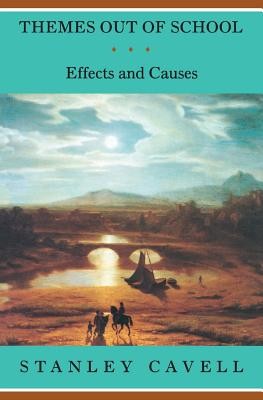
- We will send in 10–14 business days.
- Author: Stanley Cavell
- Publisher: University of Chicago Press
- ISBN-10: 0226097889
- ISBN-13: 9780226097886
- Format: 13.6 x 20.4 x 1.7 cm, minkšti viršeliai
- Language: English
- SAVE -10% with code: EXTRA
Reviews
Description
In the first essay of this book, Stanley Cavell characterizes philosophy as a willingness to think not about something other than what ordinary human beings think about, but rather to learn to think undistractedly about things that ordinary human beings cannot help thinking about, or anyway cannot help having occur to them, sometimes in fantasy, sometimes as a flash across a landscape.
Fantasies of film and television and literature, flashes across the landscape of literary theory, philosophical discourse, and French historiography give Cavell his starting points in these twelve essays. Here is philosophy in and out of school, understood as a discipline in itself or thought through the works of Shakespeare, Molière, Kierkegaard, Thoreau, Brecht, Makavejev, Bergman, Hitchcock, Astaire, and Keaton.EXTRA 10 % discount with code: EXTRA
The promotion ends in 23d.00:54:57
The discount code is valid when purchasing from 10 €. Discounts do not stack.
- Author: Stanley Cavell
- Publisher: University of Chicago Press
- ISBN-10: 0226097889
- ISBN-13: 9780226097886
- Format: 13.6 x 20.4 x 1.7 cm, minkšti viršeliai
- Language: English English
In the first essay of this book, Stanley Cavell characterizes philosophy as a willingness to think not about something other than what ordinary human beings think about, but rather to learn to think undistractedly about things that ordinary human beings cannot help thinking about, or anyway cannot help having occur to them, sometimes in fantasy, sometimes as a flash across a landscape.
Fantasies of film and television and literature, flashes across the landscape of literary theory, philosophical discourse, and French historiography give Cavell his starting points in these twelve essays. Here is philosophy in and out of school, understood as a discipline in itself or thought through the works of Shakespeare, Molière, Kierkegaard, Thoreau, Brecht, Makavejev, Bergman, Hitchcock, Astaire, and Keaton.

Reviews